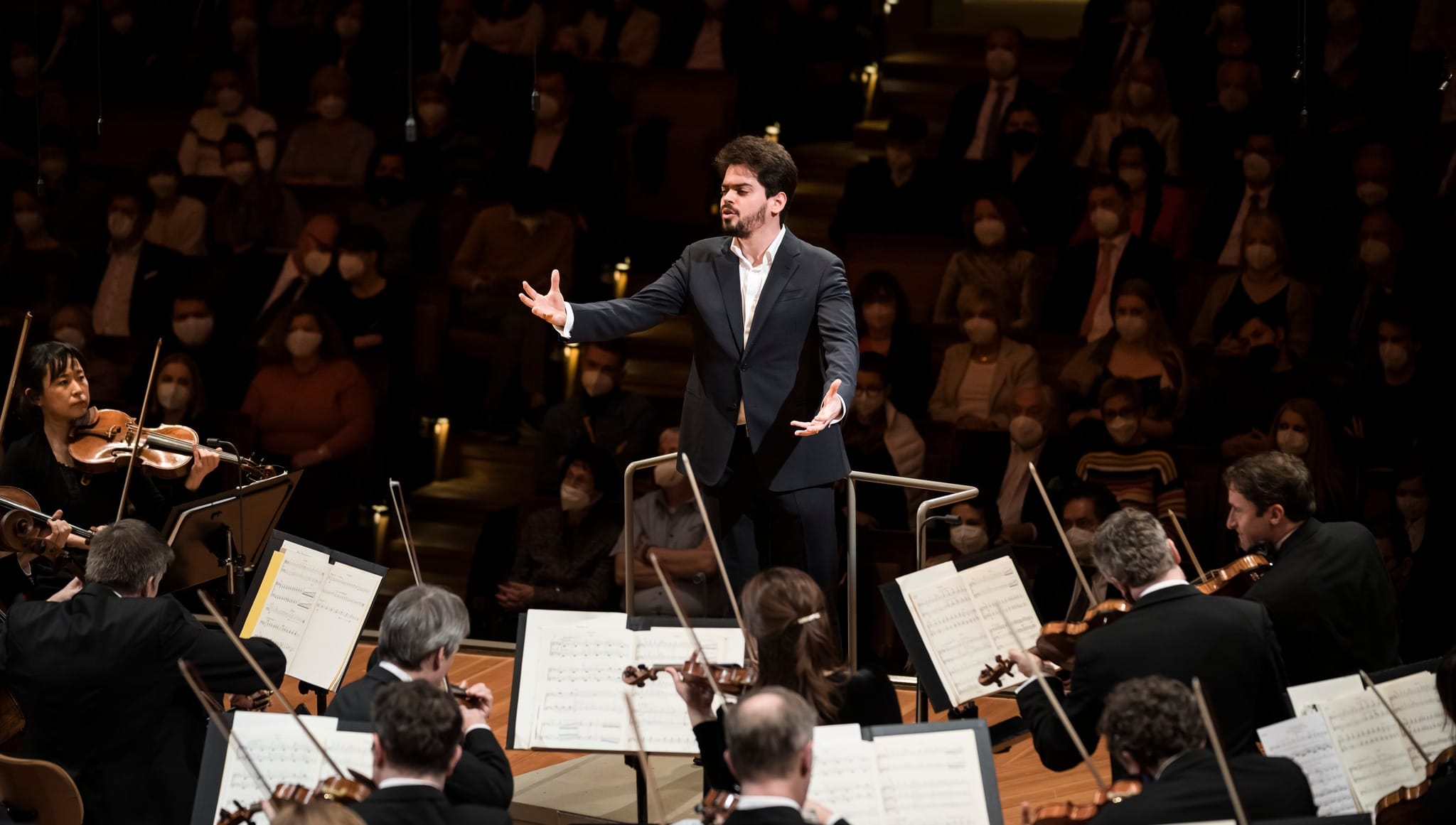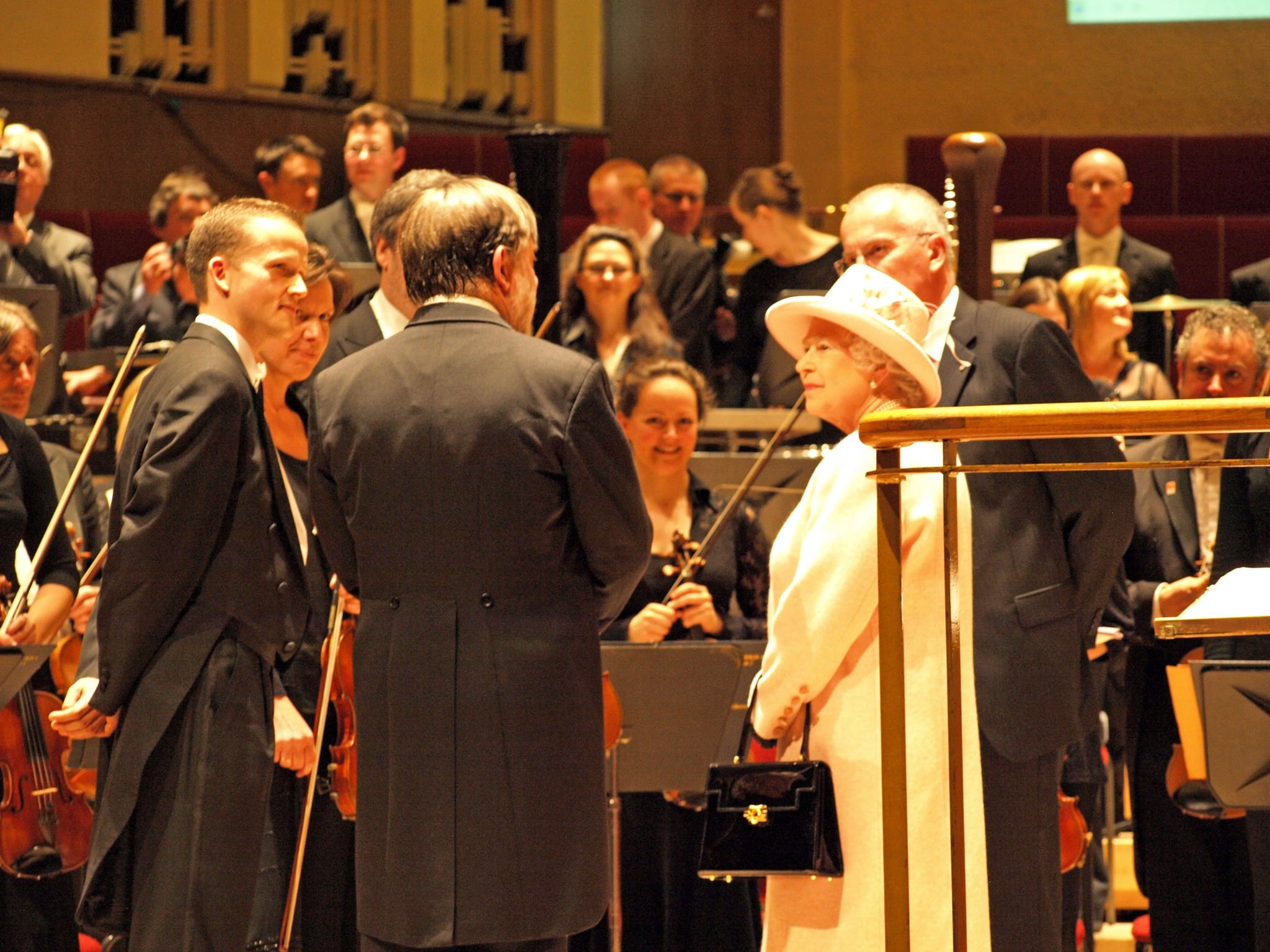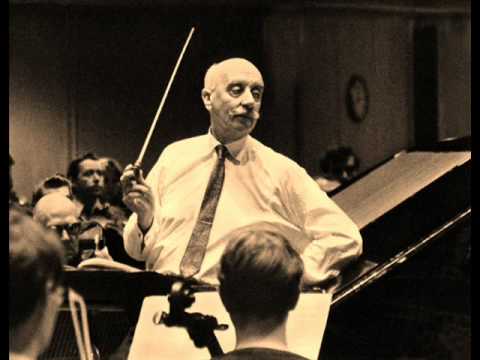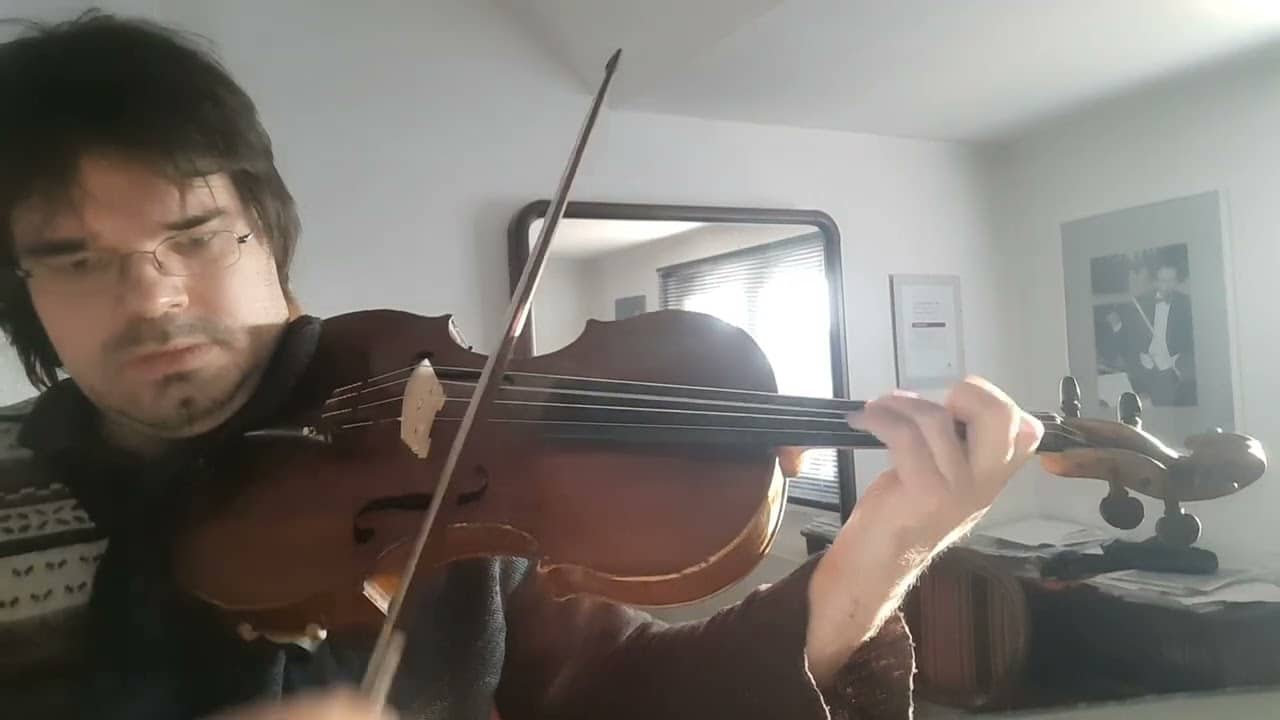Lahav Shani: I’m more a film director than a music director
NewsThe chief conductor of the Israel Philharmonic and the Rotterdam Philharmonic has been discussing his roles in an extended interview with the Times of Israel.
Sample quotes:
Making music is making music. However, the big difference between conducting and playing an instrument yourself is that when you conduct, you’re always dependent on other people. You see, you have your musical ideas, but you can move your hands as fast as you want or as loud as you can. It doesn’t make any sound. It’s other people that have to like what you do. They have to agree with you. You have to convince them, and then they might play as you think they should. And when you play the piano, it’s just you and the keyboard, and that’s it. And if you’re in good shape and if you practice, there’s a good chance that you might be able to make the sound that you imagine. So also, it’s very healthy, in a way, as a conductor to keep this physical contact with the sound, not to forget what it means for the musicians to make those sounds. It’s not just that they do what you want and they do what you tell them. They are the ones who express themselves, and they’re the ones who make the sound and try their best.
So this is really a collaboration in the end. But if you really play an instrument often, then you don’t lose this feeling and you don’t lose the feeling of what it means to make sound for other people….
*
Think about your favorite film director. Most likely, they have a very clear vision, a very clear image of the entire film in their mind. But then they’re facing these world-class actors. And the actors, sometimes they have their way to say the text and so on. So there must be very good and healthy communication between the director and the actor so that the actor is able to say things as he understands or as she understands with their subtext.
And if the director feels this could work well in the context that I have in my vision, then you should just let it happen. And if not, you should be able to guide them in another way without telling them. You have to say it exactly like that because it’s very artificial. It’s exactly the same kind of communication.
More here.






The more he talks the more confusing he gets.
The most famous film directors go over budget, fight with the producers, clash with the stars, re-cut the final work, provide running commentary on their film…
That’s what we need, conductors who record a running commentary on their performance: “Here, I cued the flute, here the trumpet is sharp, oh here comes the big climax wait for it….”
But the running comments from the players about their conductors would really be entertaining!
These fascinating thoughts remind me of something Bob Dylan said, that he endeavors to live life as if he’s in a dream, the difference being he may make conscious choices unlike dreams whereby we don’t seem to have any control.
http://www.azuremilesrecords.com/Songs_by_a_Malibu_Musician_Saint.html
Whatever.
His playing of the Rach 3 in Berlin was however truly remarkable.
His Mahler 1 with the Rotterdam on 4 September in Berlin was truly NOT remarkable. Sorry I wasted my money.
This is an all too easy comment, of course.
I witnessed the same concert in Rotterdam and found it totally remarkable. Not only was the program excellent: Ligeti’s Atmosphères (1961) and Willem Pijper’s wonderfully exuberant second symphony (1922 – a heady mix of Debussy, Milhaud, Mahler and Stravinsky…). In Mahler’s first Shani and the Rotterdammers proved to be as good as the Koncertgebouw orchestra.
Zu viele Worte!